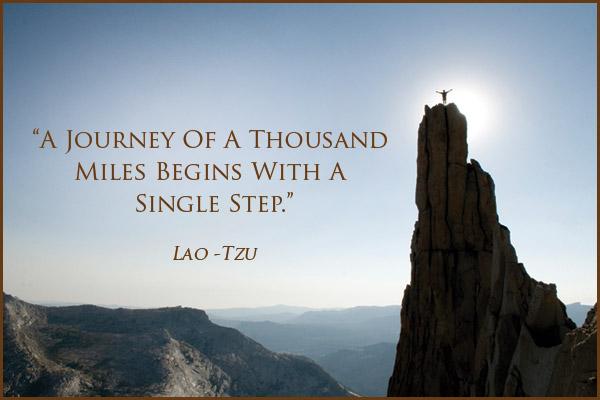
“Sir, can a write-up be as good as it supposed to be if I make it look good or readable?”
This question was asked by one of my teammates recently. He is also a content writer in a team which I head. I found the question interesting so I replied carefully.
I said – “If you present your article in a good way by keeping things in order, writing short sentences, and making your information lucid, it will surely increase its readability factor. However, that doesn’t make it an informative and quality piece at all.”
Confused by my explanation, as expected, I received another question from him.
He asked – “I didn’t quite follow you, sir? Are readability and quality two different aspects of writing?”
“Yes, they are!” was my answer. “If you make an article readable, people will likely to take a look at it. They will feel interested to read it. They may stay on your write up a bit longer.”
“However, this sort of writing discipline doesn’t preclude your write up from catching enthusiastic response from your readers. I mean to say, they will read your content but not for longer if it doesn’t convey values.”
“The point is, readability is one thing and quality is quite another. To make your write up a compelling read for your readers, you have to write it keeping things in both ways.
For example, you need to make it readable and include some interesting facts so that it sounds a great reading. Unless readers feel they are being enlightened in a certain way by your manuscript, they will not stay on your write-up, regardless of how readable way.”
“What if quality content is not readable?”
“That will surely kill the spirit of reading. Suppose I have written a blog and have forgotten to make it readable, there is no use of it for my readers. Though quality-wise, some people may like to read it, but the write-up will fail to earn sizeable viewership count. And this viewership count is a vital touchstone for establishing credence of your craft.”
“If I think correctly, writing is not simply being quality, yes?”
“Absolutely. You have to ensure if your piece is really presentable in both ways – readability and quality wise. To make your write up readable, include points-wise narration of your facts in it. To make it quality, make sure those points are tenable and don’t mean simply a confabulation.
“What about grammar then?”
“See, I will never advise you to be a grammar Nazi. Respect it but not to the point of compromising it with your creativity. Keep singularity and plurality of your Verbs based on their corresponding Subject. Using proper grammar in sentences is an acquired taste; you will come to know of it eventually. Just practice hard.”






